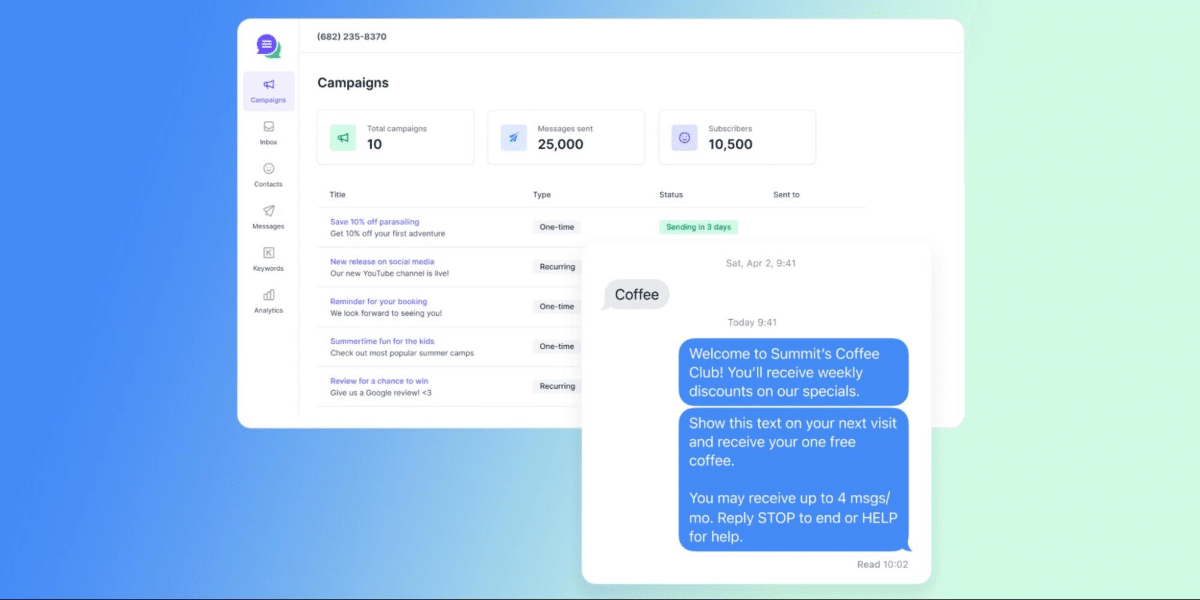Advantages of Switching to a Prepaid Mobile Phone Plan
Many people often overlook prepaid mobile phone plans when searching for a new mobile phone, despite their numerous benefits. Prepaid phone plans typically don’t have many hidden costs and are less expensive than big carrier phone plans. Furthermore, prepaid phone plans provide as-needed plans as opposed to contracts that include a ton of services you may never use. In light of this, consider the following advantages of switching to a prepaid mobile phone plan:
1. No Credit Inquiry
Prepaid plans are a good option for someone trying to rebuild negative credit because, unlike contracts with major mobile carriers, they typically do not run credit checks. Even though credit scores can be built up, it takes time, and switching to a prepaid mobile phone plan can save you the headache of dealing with your credit score.
2. Lower Monthly Costs
Prepaid plans just provide what you really need, rather than a number of options you may not use but have to pay for anyway, like mobile hotspot access, prepaid plans just provide what you really need. If you would rather text exclusively, you can forego a voice plan completely in favor of a far less expensive text-only prepaid plan. If you don’t require costly, limitless data, just pay for the minutes that you use.
3. Adaptability
Prepaid plans let you switch providers whenever you need to and terminate your service without incurring exit costs or violating a contract, unlike many major carriers who need a one- or two-year commitment to sign up.
4. Suitable for New Users
Parents in the twenty-first century are aware that their kids will probably require a phone sooner than they would like, but prepaid plans let the kids experiment with cell phones without incurring costly fees. If parents wish to limit their children’s use of data and text messaging, prepaid phones that target teens and first-time users, like the Bark phone, are excellent choices. Parents can easily modify or cancel prepaid plans, making them flexible enough to accommodate a child’s evolving mobile usage patterns. When necessary, parents can increase or decrease the minutes and data.
5. Features and Coverage
Because they think prepaid cell plans don’t offer as many features or as broad coverage as major carriers, some people are hesitant to choose them. In actuality, this is typically no longer the case because prepaid carriers frequently use bigger networks, like T-Mobile and Verizon, to supply coverage. Additionally, a lot of these smaller carriers now provide a ton of extras, such as faster speeds and unlimited voice or data, especially in the last few years.
6. No Excess Charges
Exceeding your monthly data limit on a standard mobile phone plan can result in hundreds of dollars in overage penalties. For many parents of teenagers who enjoy spending hours streaming videos on the internet and chatting with friends, this is a terrifying prospect. With prepaid plans, on the other hand, the device just quits operating when you’ve used up all of your allocated minutes or data. It’s a great teaching tool because new users have to learn how to manage their time and data usage.
Published by: Martin De Juan














